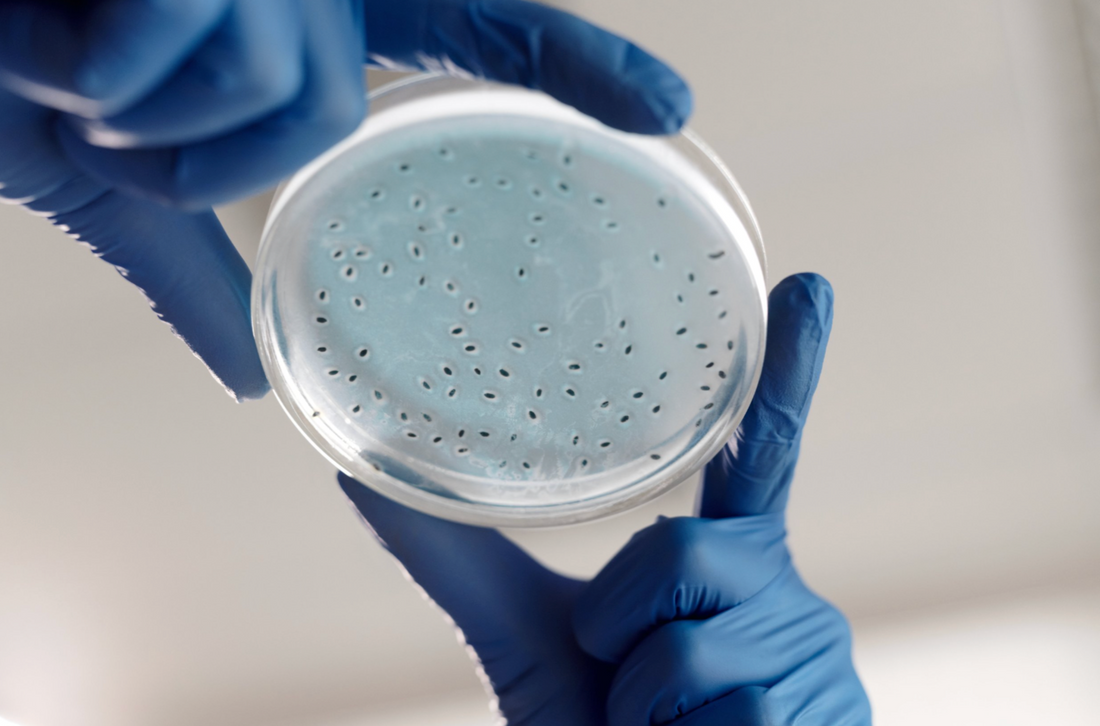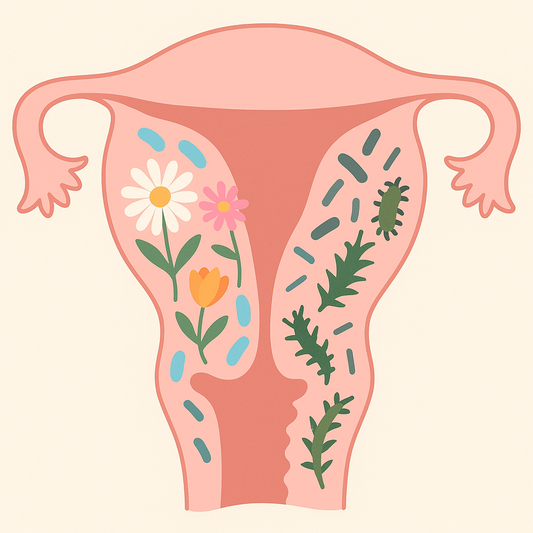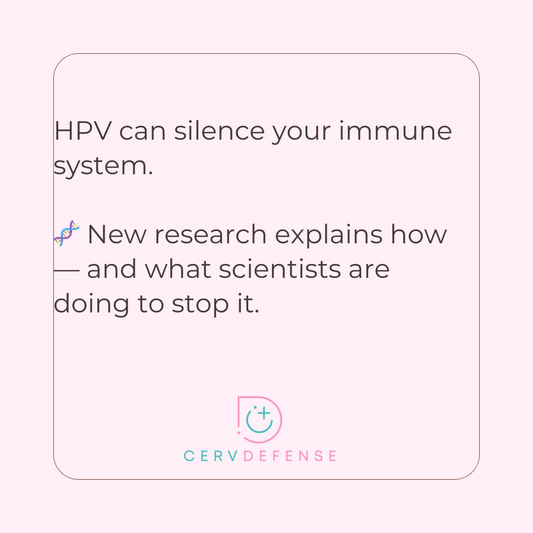
Microbiome insights open new avenues to treat HPV
Share
This piece in the Proceedings of the National Academy of Sciences (PNAS), a peer reviewed journal of the National Academy of Sciences (NAS), by Amy McDermott, discusses new research that explores microbial flora's role in HPV, indicating potential treatment avenues. Gardnerella-dominant microbiomes correlate with progressive HPV, while elevated interleukin-1β suggests persistent infection. Lactobacillus crispatus, beneficial for vaginal flora, may be leveraged in treating early-stage HPV. Researchers, understanding the link between bacterial communities and HPV outcomes, explore microbiome-supporting topical treatments. Papilocare, a cervical gel, is awaiting FDA approval after showing efficacy in treating HPV and precancerous lesions. Its prebiotic properties and microbiome-balancing effects contribute to a potential breakthrough in HPV treatment. The study indicates stress reduction and better clinical benefits with the gel. Microbiome treatments could complement vaccines, offering a dual approach to prevent cervical cancer. This research may extend beyond HPV, unraveling connections between viruses, microbes, and cancers in various body parts. Read more here.



